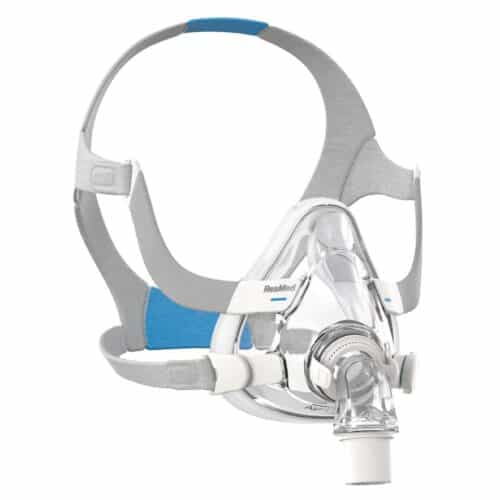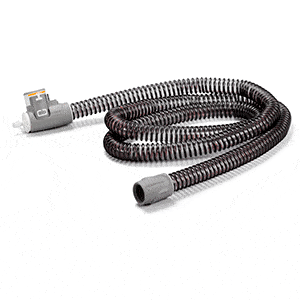Get 10% off your order!
Sign up below for PAP’s Newsletter, and keep an eye on your inbox for a one-time code. Offer not available on sale items.
You have Sleep Apnea. You use a CPAP Machine every night. Your machine is connected to an App that gives you feedback, metrics, and results of your CPAP use.
What do all of these CPAP app results mean? Do you feel a little app-$#*! crazy??
We get it, and we’re here to help translate this sleep apnea-ese into plain english so that you can make the most of your sleep therapy.
While there are different apps dependent upon who your machine’s manufacturer is, there are four main metrics that you will encounter no matter which app you’re using. Let’s go over the basics.
The apnea-hypopnea index (AHI) is the scale we use to determine the severity of sleep apnea. This would have been calculated when you took your sleep study and received a diagnosis. What it means is this — an “apnea” is an event when you stop breathing. That’s it. How many of these “apnea events” determines where you fall on the severity index (the “I” in AHI).
Here’s the scale:
– Less than 5 apnea events per hour = you don’t have sleep apnea!
– 5-15 apnea events per hour = Mild sleep apnea
– 15-30 apnea events per hour = Moderate sleep apnea
– More than 30 = Severe sleep apnea
When you wake up in the morning and are given your AHI, this scale should help indicate how beneficial your CPAP therapy is, with the ultimate goal of as few apnea events per hour, per night, as possible. Depending upon your specific app, this may simply be categorized as “Events Per Hour.”
You’ll generally see your “usage” in the form of hours and minutes. This one’s pretty easy as it says what it means — it’s how long you used your CPAP throughout the night.
Many folks (those on medicare, truck drivers, and more) will need to be able to prove that they use their machine at least four hours per day in order to keep their machine, and in some cases, their jobs.
One of our favorite apps, myAir by ResMed, has gamified CPAP results by translating these usage hours into points. For every hour of usage, you get 10 points, up to a maximum of 70 points per night.
Since your CPAP therapy’s primary goal is to provide oxygen to your brain when you’d otherwise be “apnea-ing” (yes, we made that word up), a good mask seal is the only way to guarantee you’re getting all that good air into your body. Most apps can determine whether or not you are getting a good seal, if you may need a mask adjustment, or if you may need to try a new mask type altogether.
If you’re using a nasal CPAP mask or nasal pillows mask, there’s always a risk of what we call “mouth leak,” when the air is escaping through your open mouth while you sleep. This can generally be resolved with the aid of a chin strap, which forces the mouth closed, keeping the air where we want it. If that doesn’t do the trick, you likely need to swap out for a full-face mask. We see these issues arise in folks who tend to “mouth-breathe.”
Check out our article “The Best CPAP Masks for Mouth Breathers” for more info.
The pressure (the last “P” in CPAP) is the strength of air output required to provide you with therapeutic levels of treatment. This metric would have been determined by your sleep specialist and is actually a part of your CPAP Prescription, believe it or not. Should you notice that you are struggling with a feeling of “breathlessness,” are looking for a softer exhale, or have recently lost more than ten pounds, you should contact your provider to ensure that your pressure setting is up-to-date and comfortable.
However, should you have an APAP or AutoPAP machine, the pressure is variable. For a BiPAP machine, there is dual pressure. The CPAP machine has fixed pressure. You can discuss with your provider which of these machine types is best for you, your breathing style, and preferred sleeping position. Other factors that you should share when determining your machine type: deviated septum, seasonal allergies, or a collapsing soft palate.
We hope this breakdown helps to simplify your sleep apnea therapy and allows you to interpret your results. No matter what the app says, always take inventory of how you feel each morning. Is your mouth overly dry? Does your face hurt? Any discomfort should be addressed immediately with your provider.
We want you to feel as educated and empowered as possible when it comes to treating your sleep apnea. While the apps can keep you informed, making sense of them is always simplified with remote therapy monitoring, as our board-certified sleep specialists can provide recommendations and adjustments to your sleep therapy.
Our clinicians are able to download all data remotely, directly from your machine, and additionally, have direct access to our own unique interfaces with the manufacturers that have more information in order to best determine the most therapeutic treatment settings for your sleep apnea.
Have more questions about your sleep apnea therapy or app results? Looking to purchase remote therapy monitoring? Call us at 866-318-4548, email us at sleeptight@cpaprx.com, or Live Chat with us right on the website. Sweet dreams!


Sign up below for PAP’s Newsletter, and keep an eye on your inbox for a one-time code. Offer not available on sale items.
SUBSCRIBE TO OUR NEWSLETTER Receive exclusive offers & insightful articles to enhance your sleep.
Search by product name, type or brand.
